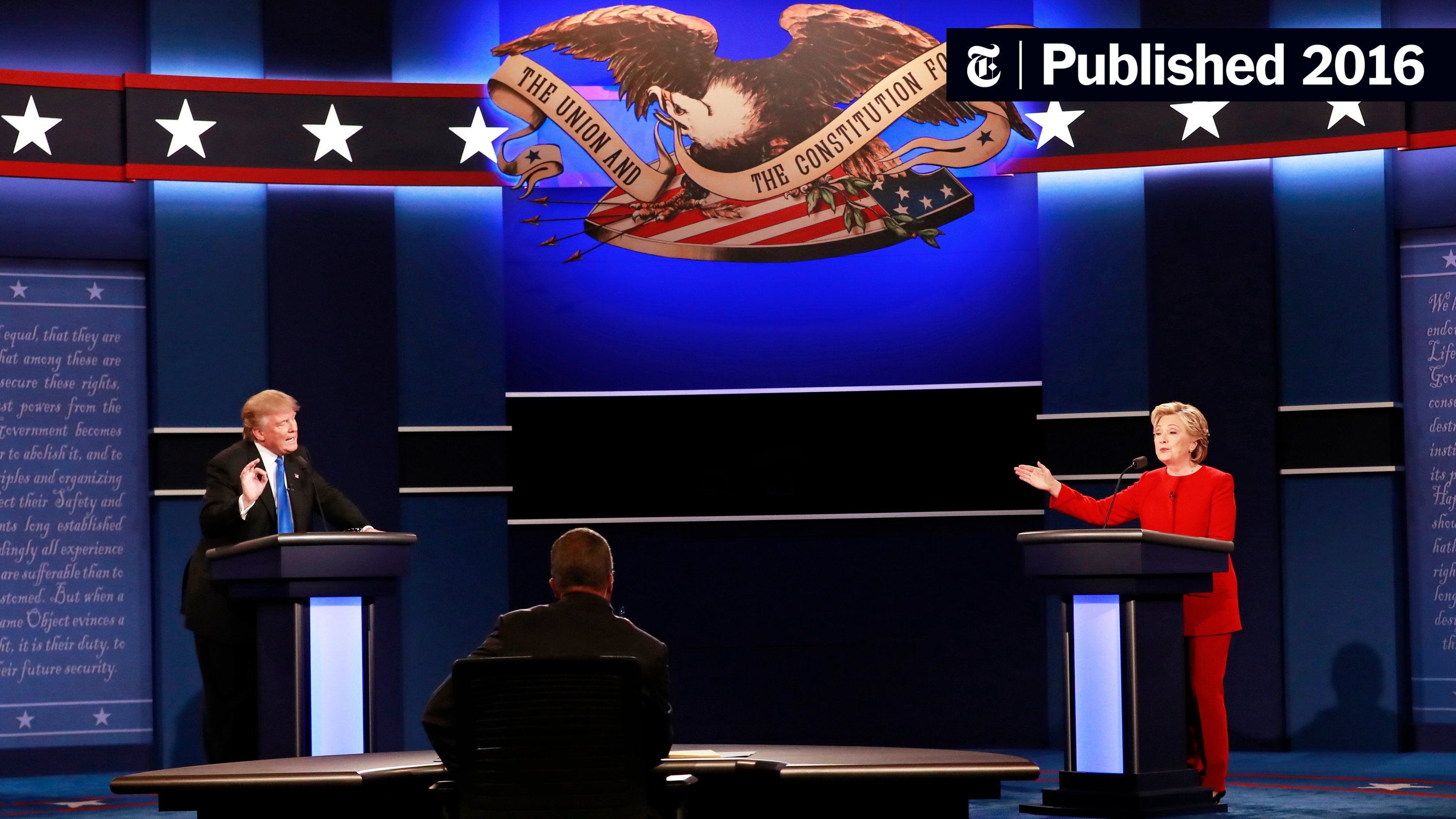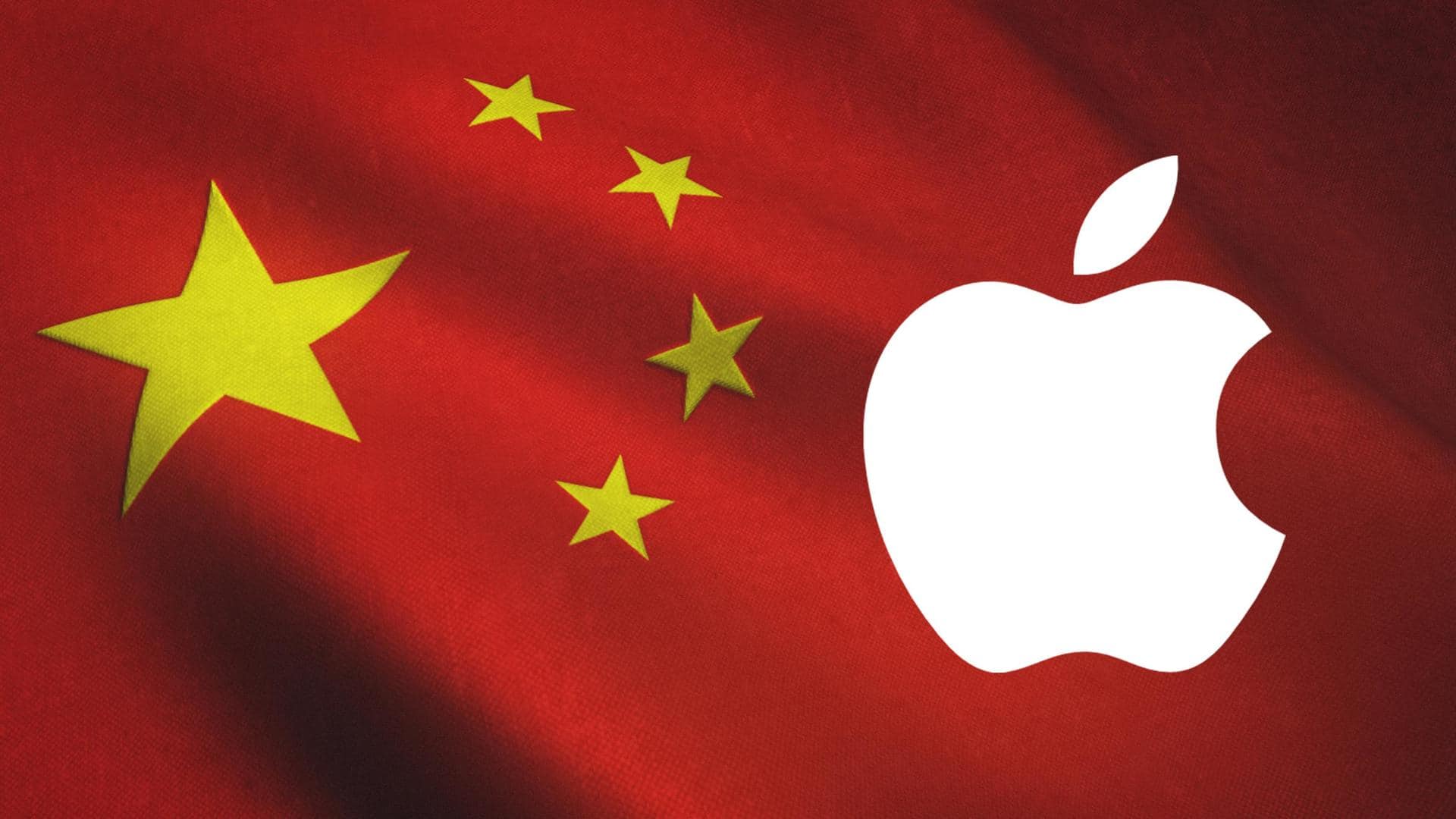Analyzing Nicolai Tangen's Approach To Trump's Trade Policies

Table of Contents
This article analyzes the approach taken by Nicolai Tangen, CEO of Norges Bank Investment Management (NBIM), the manager of Norway's sovereign wealth fund, in navigating the turbulent waters of Donald Trump's trade policies. We will examine how Tangen's investment strategy adapted to the uncertainties and risks presented by these policies, considering the implications for Norway's economy and global markets. The era of Trump's trade wars presented unique challenges for global investors, and understanding NBIM's response offers valuable insights into effective risk management and strategic portfolio adjustments in times of geopolitical uncertainty.
The Impact of Trump's Trade Wars on Global Markets
Trump's aggressive trade policies, characterized by tariffs and trade disputes, significantly impacted global markets, creating a challenging environment for investors like NBIM.
Increased Market Volatility
Trump's tariffs and trade disputes injected considerable volatility into global markets. This volatility stemmed from several factors:
- Increased uncertainty in global supply chains: Tariffs disrupted established supply chains, forcing companies to re-evaluate sourcing strategies and leading to production delays and increased costs.
- Fluctuations in currency exchange rates: Trade disputes often led to fluctuations in currency values, impacting the value of NBIM's international investments. The US dollar's strength and weakness in relation to other currencies, for example, directly influenced the returns on NBIM's holdings.
- Impact on specific sectors: Certain sectors, particularly technology and manufacturing, were disproportionately affected by the US-China trade war. This required NBIM to carefully assess and adjust its exposure to these sectors. For example, technology companies reliant on components from China faced significant challenges.
Sector-Specific Impacts
The impact of Trump's trade policies varied across sectors. NBIM, managing a massive and diversified portfolio, needed to adapt its strategy accordingly:
- Technology: The US-China trade war significantly impacted technology companies, with both countries imposing tariffs on each other's goods. NBIM likely adjusted its holdings in technology companies based on their exposure to these trade tensions.
- Energy: Sanctions imposed by the Trump administration on certain countries affected energy prices, requiring NBIM to re-evaluate its energy investments. Fluctuations in oil prices, a significant component of Norway's economy, also influenced NBIM's overall strategy.
- Agriculture: Agricultural products were also impacted, with tariffs leading to price increases and reduced trade volumes. NBIM may have reduced its exposure to agricultural companies most affected by these trade disputes.
Tangen's Strategic Response to Trade Uncertainty
Nicolai Tangen's leadership at NBIM during this period involved a proactive approach to managing the risks associated with Trump's trade policies.
Portfolio Diversification Strategies
To mitigate the risks posed by trade wars, NBIM likely employed several diversification strategies:
- Geographic diversification: Reducing reliance on any single region or country by investing across a wide range of geographical markets helped lessen the impact of regionally specific trade disputes.
- Sector diversification: Spreading investments across various sectors minimized the impact of negative shocks to specific industries affected by tariffs or sanctions.
- Asset class diversification: This involved diversifying across different asset classes like equities, bonds, real estate, and alternative investments to spread risk and reduce volatility. Increased investment in emerging markets, less affected by direct trade disputes, might also have been a strategy employed. Increased investments in sustainable and responsible investments (SRI) could also be a component of a more resilient portfolio, offering better long-term growth.
Risk Management and Due Diligence
NBIM's response involved enhanced risk management and due diligence:
- Increased scrutiny of geopolitical risks: NBIM likely increased its focus on analyzing geopolitical risks, incorporating the potential impact of trade disputes into its risk assessment models.
- Enhanced scenario planning: Developing detailed scenarios to simulate the potential impact of various trade war outcomes on the portfolio allowed for more informed decision-making.
- Stress testing portfolios: Subjecting the investment portfolio to various stress tests—simulating different levels of trade war escalation—helped identify vulnerabilities and guide portfolio adjustments.
The Norwegian Perspective: Balancing Domestic Interests with Global Investments
Norway's economy and NBIM's investment mandate were indirectly influenced by Trump's trade policies.
Impact on the Norwegian Economy
Trump's trade policies had several indirect impacts on the Norwegian economy:
- Effects on Norwegian exports and imports: Tariffs and trade disputes could affect the demand for Norwegian exports, particularly in sectors like seafood and oil and gas.
- Changes in global demand: Global economic slowdown caused by trade uncertainty could decrease demand for Norwegian products and resources.
- Potential impact on oil prices: Trade disputes and sanctions could cause volatility in global oil markets, directly affecting Norway's oil and gas sector.
Ethical Considerations and ESG Investments
NBIM's approach likely integrated ethical considerations and ESG (Environmental, Social, and Governance) factors:
- Alignment with Norway's commitment to sustainable development goals: Norway's strong commitment to sustainability might have influenced NBIM's investment decisions, favoring companies with strong ESG profiles.
- Consideration of human rights issues: Trade disputes can exacerbate human rights issues within affected supply chains. NBIM might have considered these issues when making investment decisions. The potential for exploitation of workers in countries subject to tariffs or sanctions would be a key consideration.
Conclusion
Nicolai Tangen's approach to managing NBIM's investments during the Trump administration highlighted the crucial role of portfolio diversification, robust risk management, and the integration of ethical considerations. The unpredictable nature of Trump's trade policies necessitated a proactive and adaptable investment strategy, emphasizing geographic, sector, and asset class diversification. The interplay between Norway's economic interests and NBIM's global investment mandate underscores the complexity of managing a sovereign wealth fund in a period of significant geopolitical uncertainty. Further research into the specifics of NBIM's investment strategies during this period is crucial. Analyzing Nicolai Tangen's response provides valuable insights for investors and policymakers alike. Continue the conversation by researching Nicolai Tangen's responses to future global trade dynamics and how the lessons learned during this period continue to inform investment strategies at NBIM and beyond.

Featured Posts
-
 45 000 Rare Book Discovered In Unexpected Bookstore Find
May 04, 2025
45 000 Rare Book Discovered In Unexpected Bookstore Find
May 04, 2025 -
 Ufc 210 Cormier Vs Johnson Ii Expert Predictions And Preview
May 04, 2025
Ufc 210 Cormier Vs Johnson Ii Expert Predictions And Preview
May 04, 2025 -
 Lizzos Weight Loss Journey A Transformation That Shocked The Internet
May 04, 2025
Lizzos Weight Loss Journey A Transformation That Shocked The Internet
May 04, 2025 -
 Churchill Downs Renovations Kentucky Derby Preparations In Full Swing
May 04, 2025
Churchill Downs Renovations Kentucky Derby Preparations In Full Swing
May 04, 2025 -
 These Electric Motors Reducing Global Reliance On China
May 04, 2025
These Electric Motors Reducing Global Reliance On China
May 04, 2025
Latest Posts
-
 Final Destination Bloodline Tony Todds Legacy Lives On
May 04, 2025
Final Destination Bloodline Tony Todds Legacy Lives On
May 04, 2025 -
 Final Destination Bloodline Trailer A Bittersweet Farewell To Tony Todd
May 04, 2025
Final Destination Bloodline Trailer A Bittersweet Farewell To Tony Todd
May 04, 2025 -
 Tony Todds Final Role In Final Destination Bloodline Trailer
May 04, 2025
Tony Todds Final Role In Final Destination Bloodline Trailer
May 04, 2025 -
 The Return Of A Champion Ufc Fighter Back After A Year Long Break
May 04, 2025
The Return Of A Champion Ufc Fighter Back After A Year Long Break
May 04, 2025 -
 Ufc Veterans Comeback Fight Facing Foxy Bantamweight On May 3rd
May 04, 2025
Ufc Veterans Comeback Fight Facing Foxy Bantamweight On May 3rd
May 04, 2025
